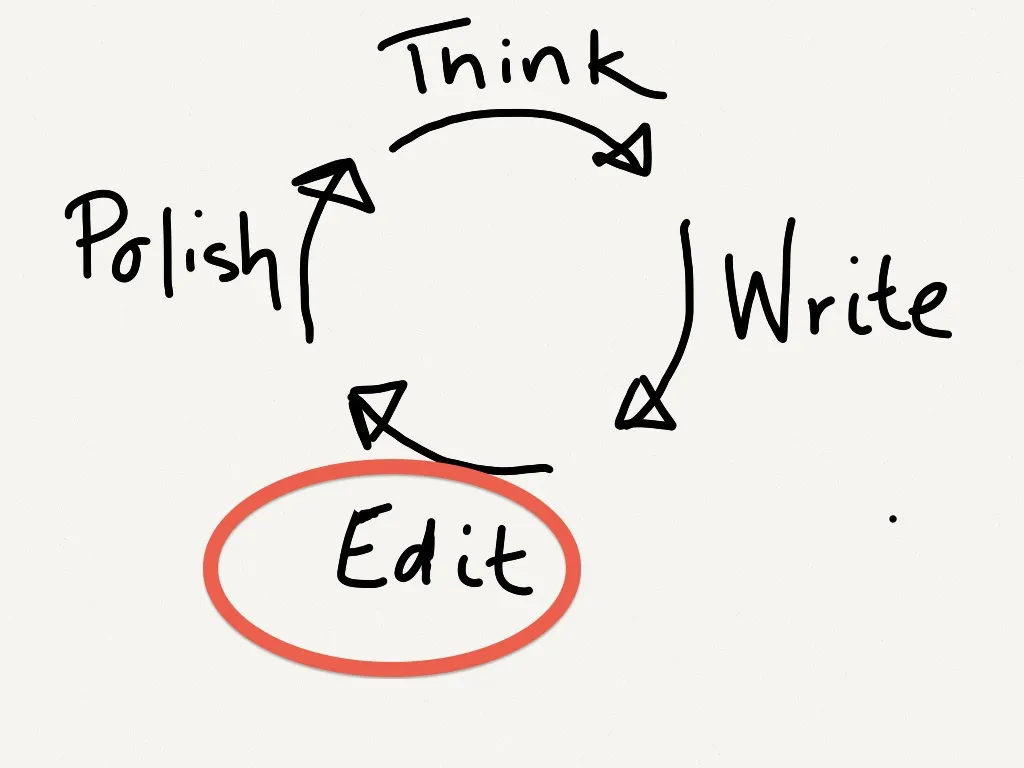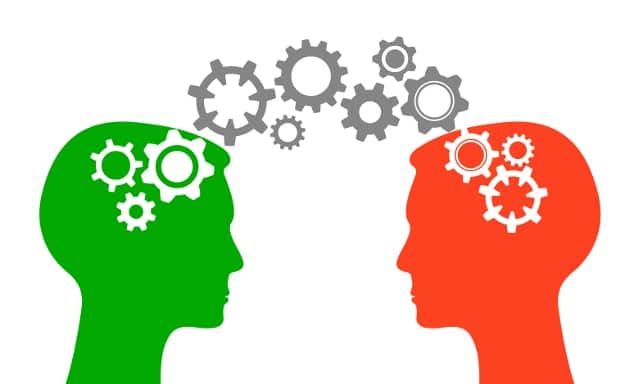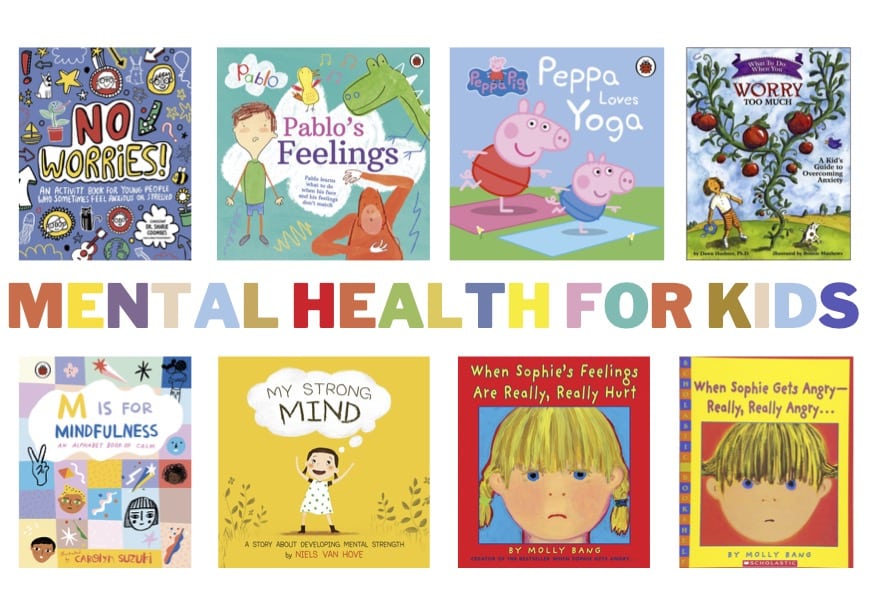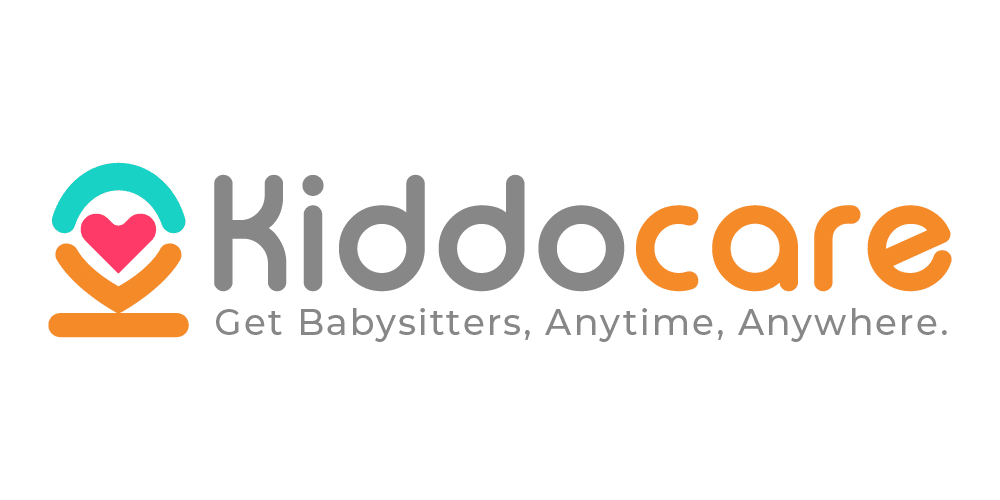Don’t let minor mistakes cost you valuable points. Students’ ability to edit their work is critical in helping them become better writers, as well as stronger students in all areas.
Writing and editing abilities are vital in all aspects of learning, whether it’s for a math project or an essay. Editing abilities might also help you get more confidence in your studies!
EDITING AND WRITE
Having someone else go over and edit your work is an excellent method to improve as a writer. Some people, on the other hand, despise editing because it is not as enjoyable as the writing process itself. As a result, students often skip this stage, which might have a negative impact on their marks!
A person’s writing abilities are incredibly valuable throughout their latter years of life, whether they are reviewing a math assignment, revising an essay, or even penning an email in their professional life. Student’s must be aware of the need of self-editing and understand how to do so correctly!
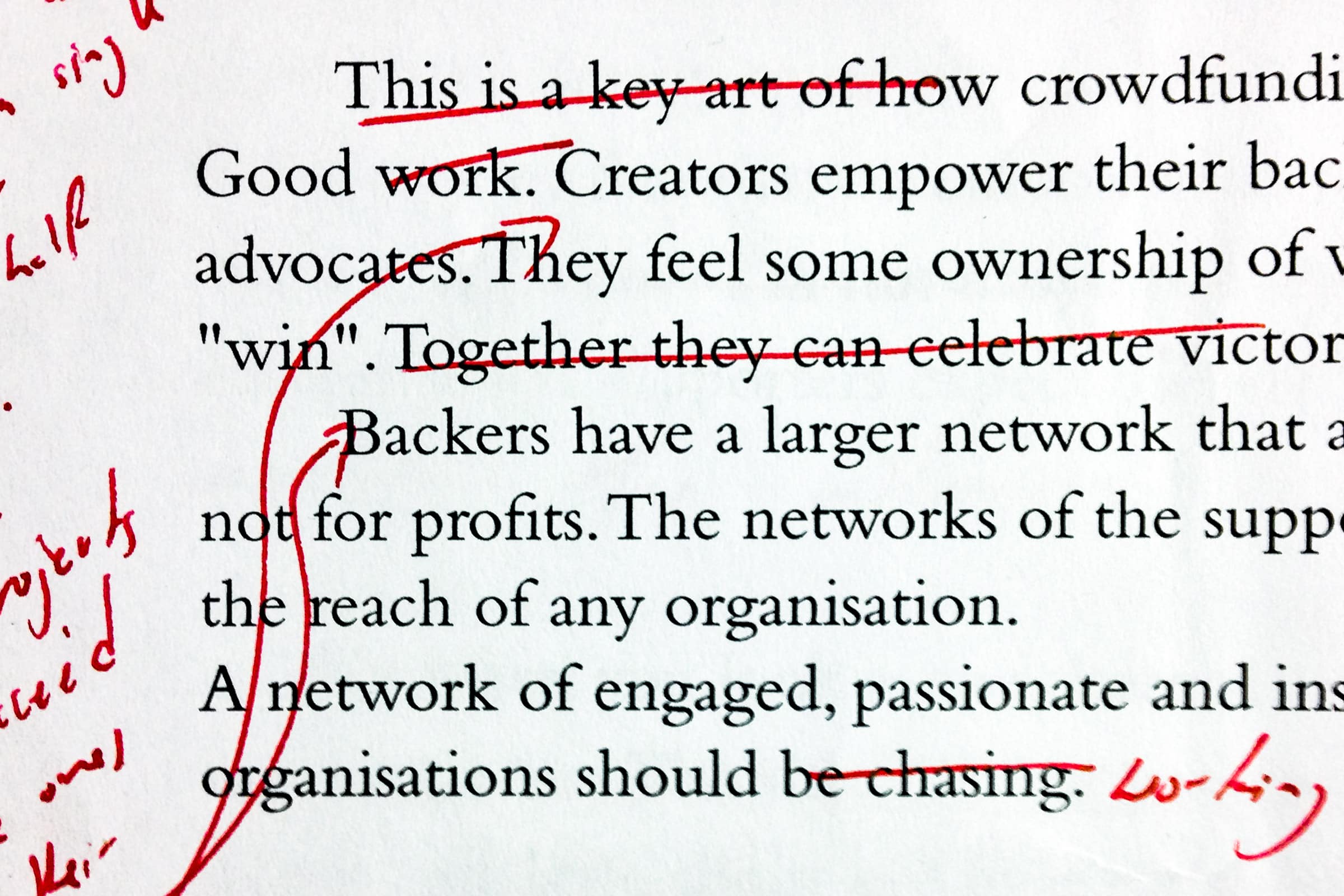
Editing is comprised of four primary components:
- Taking a look at the written piece
- Identifying and highlighting any errors
- Making corrections to the errors that were discovered in the work
- Aiming to make the task understandable and straightforward
The more components students include in the editing exercise, the less likely it is that they would receive a failing grade for a small mistake.
It is more important to edit rather than merely hoping for a higher grade. Your youngster will avoid embarrassment if he or she self-edits to detect trivial mistakes before they are noticed by a peer or a teacher. It also ensures that they are held accountable for their efforts, which will result in their caring more about the final outcome. Every one of these things can help kids grow more confident in the classroom!
HOW TO SELF-EDIT IN THE RIGHT WAY ?
Students can check their writing for errors by following the methods listed below.
- Read the writing aloud to yourself.
- Reading aloud adds an audible element to the reading experience while also slowing the reader down. This method makes it simpler to think about the information and evaluate its readability.
- Make a list of all the things you want to modify. Create a basic document that students can refer to when editing their work and that addresses the most common grade-level faults that they may encounter.
- Begin with the fundamentals. During the first round of revisions, instruct your youngster to concentrate just on correcting any incorrect or overused capitalization and punctuation. Once that is completed, students will be able to devote more attention to the structure and language of the paper.
- Inquire for assistance! A second set of eyes might assist in catching any mistakes that may have gone unnoticed.

- Make sure you give yourself adequate time to complete and modify the assignment. It is more probable that your youngster will skip the editing procedure if he or she procrastinates. Giving themselves enough time to complete the job will guarantee that they have enough time to review it before submitting it.
TIGER CAMPUS CAN HELP YOU DEVELOP WRITING AND EDITING SKILLS

The capacity to critically examine one’s own work and make necessary improvements is a valuable skill to have. Each and every student at Tiger Campus learns self-editing skills that will help them identify mistakes, communicate more clearly, and achieve higher academic results. Inquire about how our writing curriculum might assist your child in achieving success in this important area!

